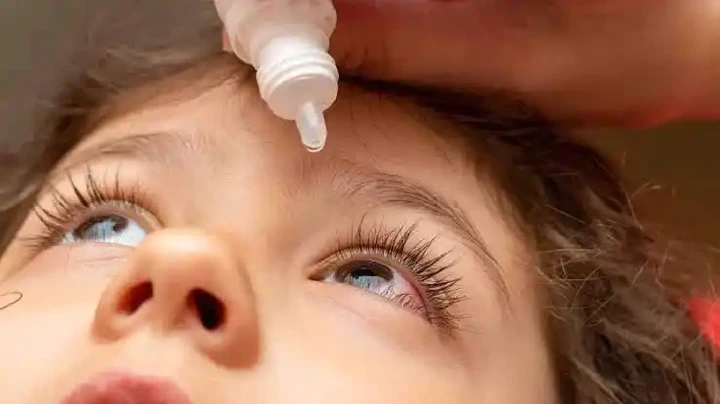WWW.SOLUTIONFANS.COM - MASTER OF ALL EXAM RUNS
We often come across popular beliefs and folklore that have been passed down through generations. One such belief revolves around the notion that looking into the eyes of someone infected with Apollo can result in contracting the contagious virus. Apollo, also known as hand, foot, and mouth disease (HFMD), is a common illness that primarily affects young children. In this article which is in accordance to medicalnewstoday, we will explore this myth and separate fact from fiction regarding the transmission of Apollo through eye contact.

Understanding Apollo:
Before delving into the myth, let us gain clarity on what Apollo (HFMD) actually is. HFMD is a viral infection caused by numerous enteroviruses, with the most common being the coxsackievirus. It typically affects children under the age of 5 but can occur in individuals of any age. The main symptoms of HFMD include fever, blister-like sores in the mouth, and a rash on the hands, feet, and sometimes buttocks. While uncomfortable, HFMD is generally a mild illness that resolves on its own within a week or two.
Transmission of Apollo:
The primary mode of transmission for Apollo is through direct contact with saliva, respiratory droplets, feces, or fluid from the blisters of an infected person. This is commonly seen in settings such as daycare centers, schools, and playgrounds, where close personal contact is prevalent. The virus can spread through activities like coughing, sneezing, touching contaminated surfaces, or sharing utensils, toys, or personal items with an infected individual. It is important to note that eye contact alone is not considered a significant mode of transmission for Apollo.
myths vs. Reality
The belief that Apollo can be contracted by looking into the eyes of an infected individual is nothing more than a myth. The virus primarily spreads through respiratory droplets, direct contact with bodily fluids, or touching contaminated surfaces. The eyes may get infected if they come into contact with the virus-laden droplets or secretions, but it is not the mere act of eye contact that causes transmission.
Understanding the Role of Personal Hygiene:
To mitigate the risk of contracting Apollo, practicing good personal hygiene is essential. Regular handwashing with soap and water for at least 20 seconds, especially before meals and after using the restroom, is crucial in preventing the spread of the virus. Additionally, avoiding close contact with infected individuals, and disinfecting commonly touched surfaces can further reduce the chances of transmission. These preventive measures are far more effective than worrying about eye contact alone.
Boosting Immunity:
While Apollo is a self-limiting illness, maintaining a strong immune system can help in preventing the virus from taking hold in the first place. Eating a well-balanced diet rich in fruits, vegetables, whole grains, and lean proteins provides the necessary vitamins and minerals that support a robust immune system. Regular exercise, adequate sleep, and stress management also play a significant role in keeping our immune system strong and resilient.
Seeking Medical Attention:
If you suspect you or your child may have been exposed to Apollo, it’s important to be proactive in seeking medical attention. A healthcare professional can accurately diagnose HFMD based on symptoms and a physical examination. While there is no specific treatment for Apollo, they can provide guidance on managing symptoms and preventing the spread of the virus within your household or community.
also don't forget to leave a Reply, we would very MUCH appreciate Your Comments On This Post Below. Thanks!

